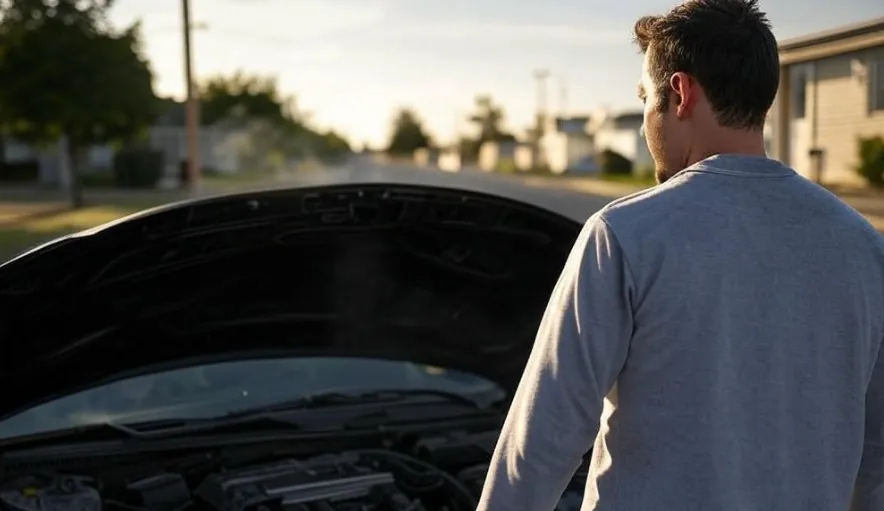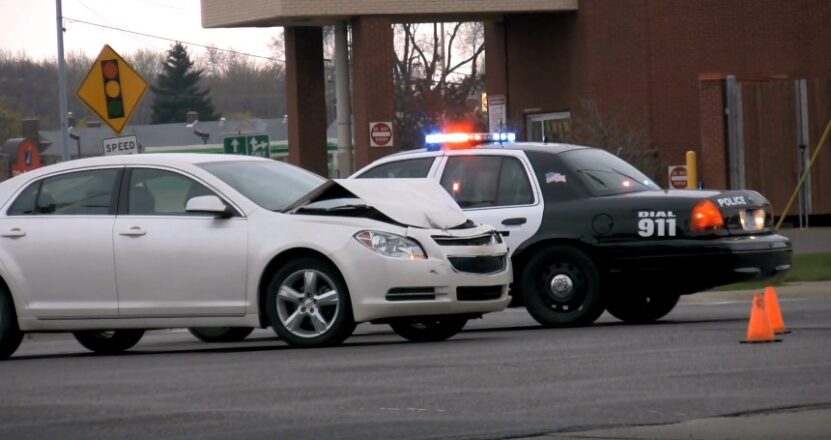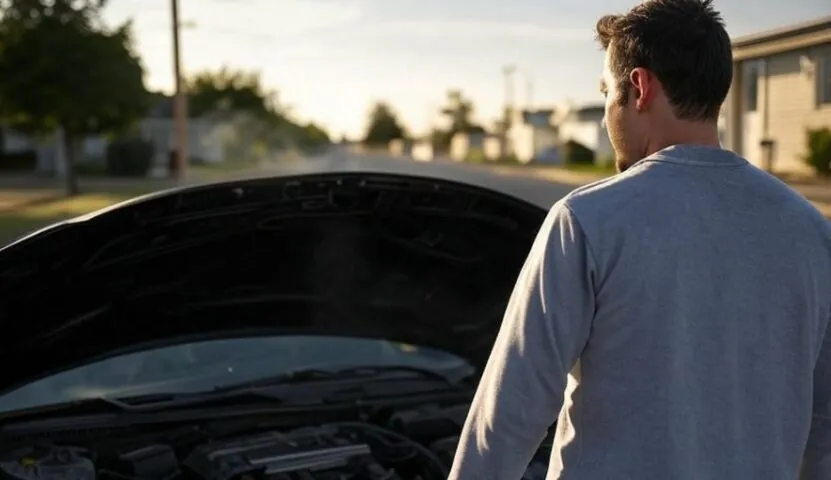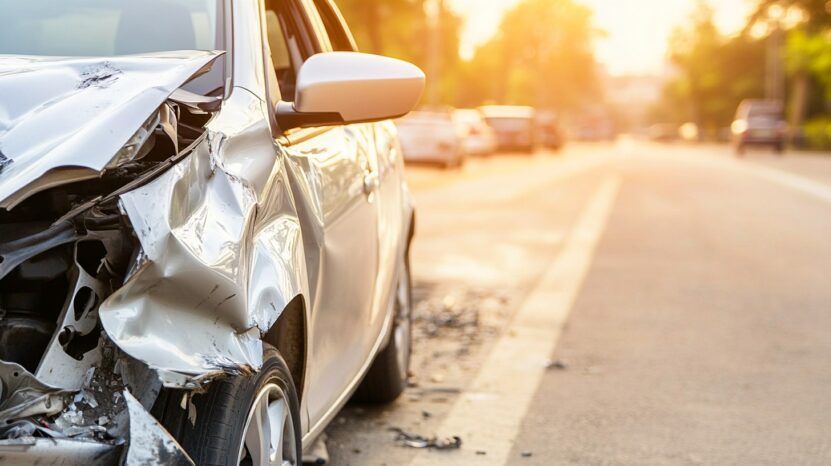
Share Post:
No one ever expects to be in a hit-and-run accident. When it happens, it can be a shocking, stressful, and chaotic moment. You might feel a flood of emotions—anger, fear, confusion.
But the most important thing is to stay calm and know what to do next. I want to walk you through the steps you should take and what you should do if you ever find yourself in this situation.
If you’re the victim of a hit-and-run or just witnessing one, your actions in the minutes following the incident are crucial. Let’s break it down step by step so you’re prepared if the unthinkable ever happens.
Table of Contents
ToggleFirst Things First – Legal Consequences for the Driver
If the driver is located, they’ll likely face serious legal consequences. Depending on how bad the accident was and if there were any injuries, they could face fines, lose their license, or even serve jail time.
In some cases, you might want to consult with a car accident attorney to ensure you get the compensation you deserve, especially if the other driver’s insurance company is giving you the runaround.
If you’re seeking legal advice or want to explore your options further, you can visit harrellandharrell.com to get in touch with experienced car accident attorneys. Now let’s get to the steps you need to take.
1. Stay Calm and Prioritize Safety
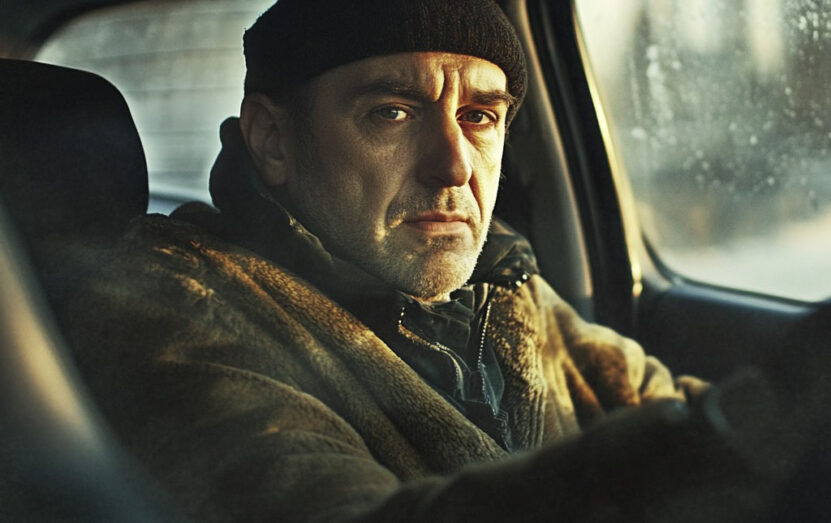
In the immediate aftermath, your heart is probably racing, and your mind is spinning. But the very first thing you need to do is stay calm. Easier said than done, right?
Take a deep breath, check for injuries (on yourself, your passengers, or anyone else involved), and try to get yourself to a safe place.
If your car is in a dangerous spot—like in the middle of the road—you’ll want to move it out of the way if possible. Turn on your hazard lights to let other drivers know something is wrong and avoid any further accidents.
But if moving your vehicle feels unsafe or you’re too shaken up to think clearly, don’t push it. Your safety is the number one priority.
And if someone else, like a pedestrian or cyclist, was involved, make sure to check on them. Call for medical help if necessary, even if they say they’re okay. Sometimes, the real injuries don’t show up right away.
2. Don’t Chase After the Driver
I get it. When someone hits you and takes off, it’s hard not to feel angry or desperate for justice.
But one of the worst things you could do is chase after them. It’s risky. You might end up causing another accident or even putting yourself in a dangerous confrontation with an aggressive driver.
Plus, if you leave the scene of the accident to go after the fleeing vehicle, it complicates things when the police arrive.
You don’t want to risk your safety or create more legal headaches by trying to play detective on your own. Let the professionals handle it.
Just look for an experienced auto accident attorney like sweetlaw.com, and there is a high chance that you will quickly resolve the whole case. In your favor, of course.
3. Call the Police Immediately
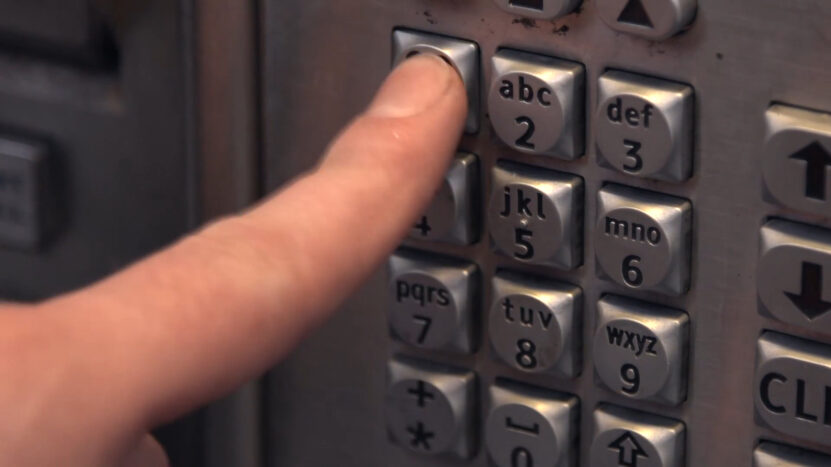
As soon as you’re safe, pick up your phone and call the police. I know it might feel like your car didn’t suffer much damage or no one was hurt, but hit-and-runs should always be reported.
When you call, give the dispatcher all the information you can remember—your location, the direction the other car went, and any details you can recall about the vehicle.
Was it a red sedan? Did you catch part of the license plate? Was there a noticeable bumper sticker? Even small details can help.
Filing a police report is also a must for insurance claims, so the sooner the report is made, the better.
4. Gather Evidence
While waiting for the police to arrive, start gathering as much information as you can. This is where your phone becomes very important.
- Take pictures of your vehicle, any damage, and the scene around you. Include shots of skid marks, debris, or anything else that seems important.
- Note the time and location of the accident. Write it down or type it into your phone.
- Ask witnesses if they saw what happened. If they’re willing, get their names and contact details. Witnesses can be a huge help, especially when it comes to backing up your side of the story.
If there are nearby businesses, check for cameras. Security footage might have caught the accident, and this kind of evidence can be gold in helping to identify the driver.
5. Seek Medical Attention (Even If You Feel Okay)

Once the adrenaline wears off, you might notice that your body isn’t feeling quite right.
Sometimes, injuries from car accidents don’t show up right away—things like whiplash, concussions, or internal injuries can take hours or even days to manifest.
That’s why it’s so important to get checked out by a doctor as soon as you can, even if you feel perfectly fine in the moment.
Plus, if you end up needing to file an insurance claim or take legal action, having medical records to back up your injuries is essential.
6. Notify Your Insurance Company
Now that the police have been called and the scene documented, it’s time to contact your insurance provider. Explain exactly what happened and provide any evidence you’ve gathered.
Depending on your coverage, you might be able to get help with medical expenses or vehicle repairs, even if the other driver isn’t found.
Make sure to ask how your policy handles hit-and-run cases. Some insurance plans offer uninsured motorist coverage, which can be a lifesaver if you’re dealing with a driver who fled the scene.
Just keep in mind that filing a claim could affect your premiums, so it’s worth discussing the details with your agent.
7. Follow Up on the Investigation
After you’ve done everything you can at the scene, the waiting game begins. Stay in touch with the police and follow up on the investigation. They may be able to find the driver, especially if there’s camera footage or solid witness statements.
Make sure you get a copy of the police report for your records – you’ll need it for insurance purposes and, if necessary, any legal action down the road.
It can feel frustrating to wait, but staying in contact with the authorities is key to making sure the investigation stays on track.
What Not to Do After a Hit-and-Run
While we’ve covered what you should do, it’s just as important to know what not to do in this situation.
Don’t Leave the Scene
Stay put until the police arrive, even if you feel rattled and just want to go home. Leaving the scene could complicate your case and weaken any future claims or reports.
Don’t Forget to Report the Accident
Even if the damage seems minor, failing to report the hit-and-run can make things harder for you later on. If the driver is found or your injuries worsen over time, having that official report will be crucial.
How Your Insurance Can Help
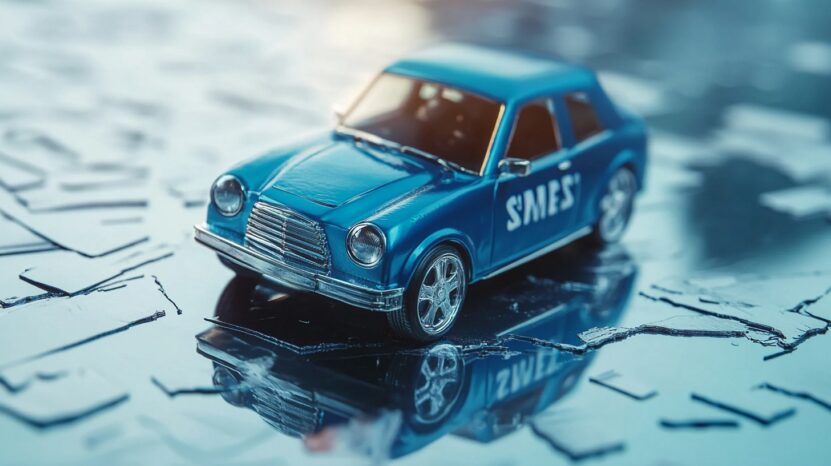
If the fleeing driver is never caught, you’re not out of options. Uninsured motorist coverage (if you have it) can cover your medical expenses and vehicle damage.
Alternatively, collision coverage might help repair or replace your car. Just keep in mind that a hit-and-run claim under collision coverage could impact your premiums.
It’s always a good idea to review your policy and understand how it applies to situations like hit-and-runs.
Wrapping It Up
Dealing with any kind of accident is stressful, specially hit-and-run situations, but by following these steps, you’ll be doing everything you can to protect yourself, your rights, and your vehicle.
From staying calm and safe at the scene to gathering evidence and staying in contact with the authorities, the actions you take in the minutes and hours following the accident can make all the difference.
At the end of the day, it’s about making sure you’re safe, getting the help you need, and doing what you can to catch the person responsible. You’ve got this! Stay safe out there.
Related Posts:



